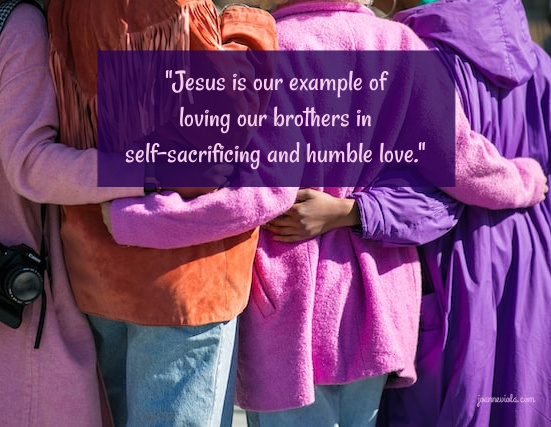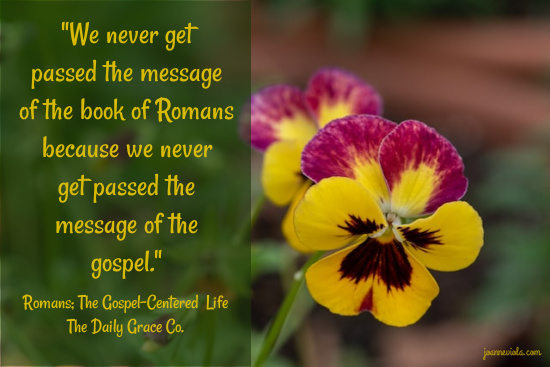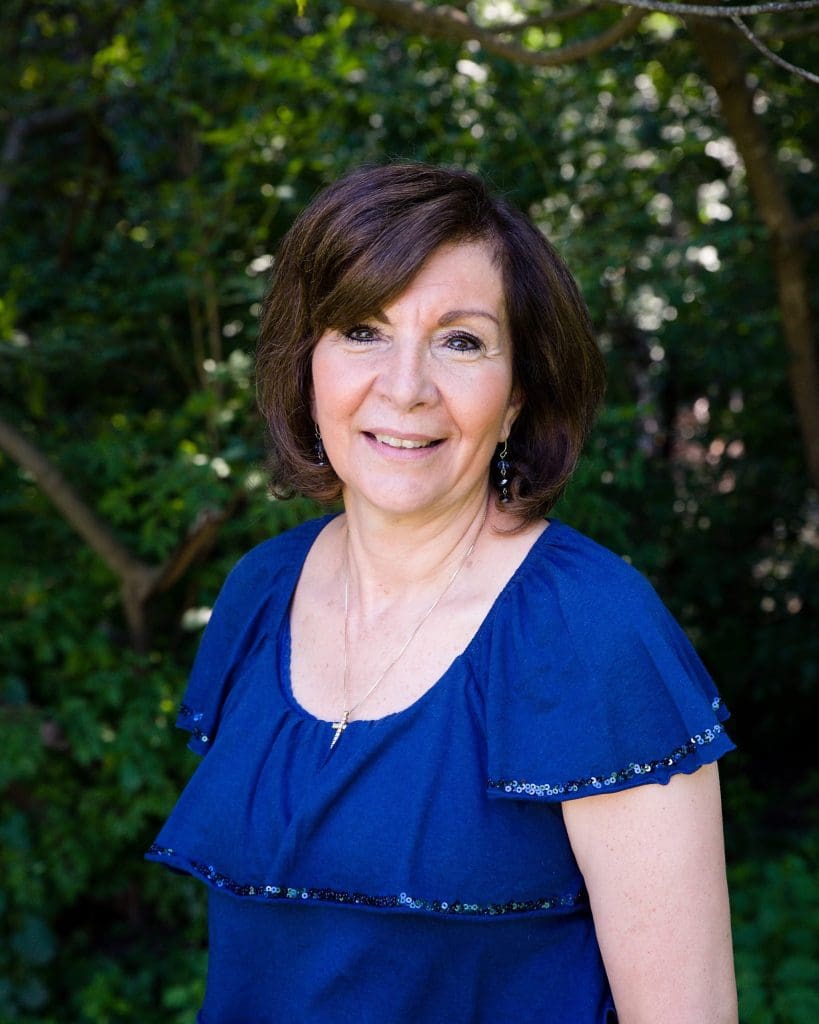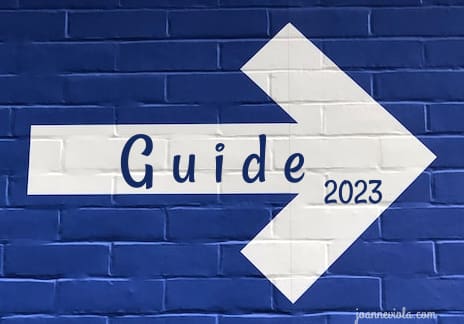We continued on in the book of Romans last week …
beginning with Romans 14:1-12 , where Paul is addressing what we may call “gray areas” of faith.
In Paul’s time, they were judging the changes in traditions – to eat meat or not? Which day is the Sabbath?
There are things which are clearly stated to be sin before God; and there are other areas which have not been mentioned at all.
What are we to do with those? The areas that are neither black or white, the gray areas, can be challenging and cause disputes.
Never quite sure what to do, and not wanting to judge others (which is a sin), I tend to say, “That is between that person and God.”
Each one of us must examine our own hearts, unearth any sin or wrongdoing within ourselves, and take care of it before God.
 “So each one will give an account of himself to God.” (verse 12, NASB)
I can remember as a kid there was a time when our church was growing quickly. People were coming in off the street and sitting in the services and accepting Jesus. But there were behaviors that were offending some of the more established ones.
Even as a kid, I remember hearing our pastor say off the platform that the responsibility of the church was to preach the gospel; it is God’s job to change or clean them up.
The study asks: How do we balance knowing when to confront someone with when to simply accept them?
What are your thoughts? Confront or accept? The age long question.
~*~*~
In Romans 15:1-6, we find Paul is addressing the subject of unity within the Church and the goal of achieving that unity.
There is no way apart from the help of the Holy Spirit for us achieve unity. The Church is comprised of various peoples, who come from every walk of life, and hold many differing opinions.
Yet the study tells us:
“It is the gospel that enables us to endure, encourages us, and gives us hope.”
(from Romans: The Gospel-Centered Life by The Daily Grace Co., page 154)
As I read the Scriptures, it was verse 2 that stood out:
“Each of us is to please his neighbor for his good to his edification” (NASB)
As I read those words in bold, I questioned what does that really mean? Or look like?
Eugene Peterson in writing The Message helps answer those questions:
“Each one of us needs to look after the good of the people around us, asking ourselves, “How can I help?”
Isn’t that beautiful? Just simply ask, “How can I help?” Just being helpful, with no agenda of our own, can speak volumes to those around us.
Simply helping one another, working with one mind and in one accord becomes a display of unity and brotherly love.
The study asks: How does unity in the body of Christ serve to bring God glory?
Let’s remember the question: “How can I help?”
~*~*~
We closed the week with reading Romans 15:14-21. We so need the book of Romans because we need every single reminder contained in these chapters. Seriously. Look at verse 14:
“And concerning you, my brethren, I myself also am convinced that you yourselves are full of goodness, filled with all knowledge and able to admonish one another. But …” (NASB)
But we need to be reminded of the message of the gospel. We need to remember the many ways in which the gospel message sustains us every day.
We need to be reminded or we will forget. No matter how full of goodness we may be, no matter how much we know (even if we hold a seminary degree, which I don’t), or are able to teach others. We need to be reminded – all of us.
The study asks: Why do we need to be reminded of the gospel? How has the book of Romans reminded you personally of the gospel?
~*~*~
Let God be the one to confront people,
as we stay focused on loving and helping them,
and remember our own great need for the gospel each day.
Photo 1: by Angèle Kamp on Unsplash
Photo 2: by Vonecia Carswell on Unsplash
Photo 3: by Trac Vu on Unsplash
Today I may be joining … Tell His Story






Well said ma’am. We need to “sweep our own porches first!” I’ve heard it said that “Christianity is the only army in the world that shoots its own wounded.”, and it sure seems to me we’re doing an excellent job at just that lately. If God’s true Word is being preached in its entirety. If the gospel message of Christ is being taught and that salvation is through Christ alone, then all else is merely “window dressing.” How Christ is being taught, worshipped, and praised is not nearly as important as the message of Christ being shared. Let us be one with ourselves and then perhaps we can reach others. There are many ways to share truth, but at the root of all of them is God’s love within us.
JD, I like how you worded it – “sweep our own porches first.” May God’s love within me be at the root of all I say, do, and write. Bless you, friend!
“How can I help?†What a wonderful question, Joanne … and a great path toward unity. I love the song too! â¤ï¸